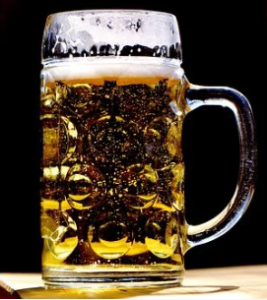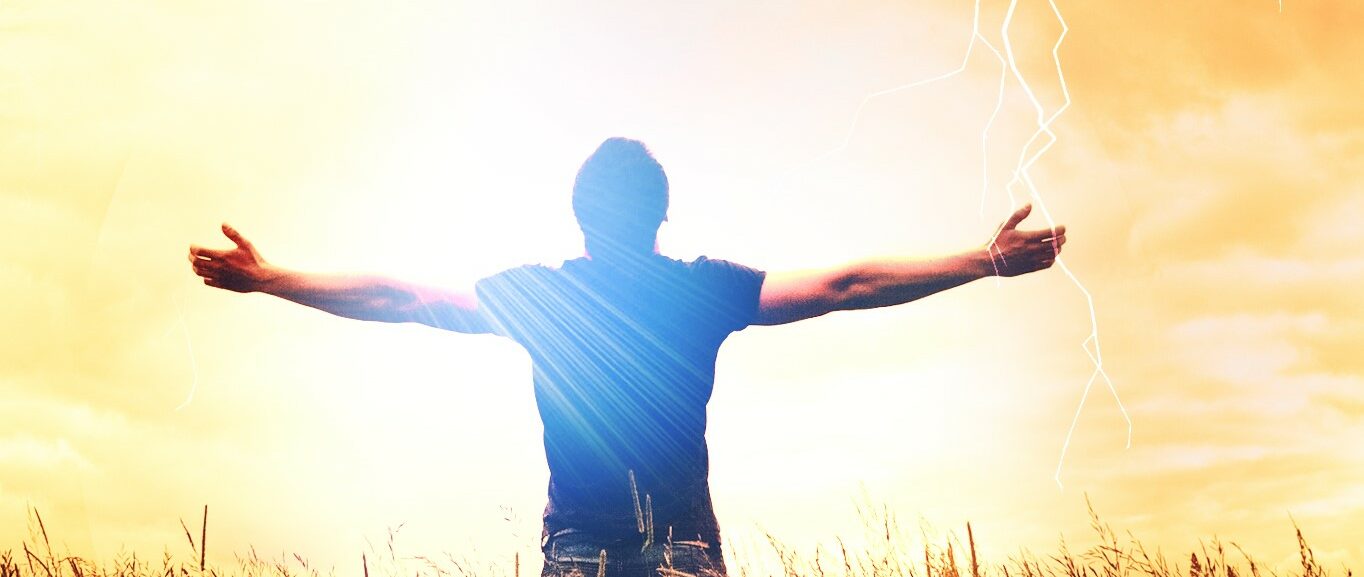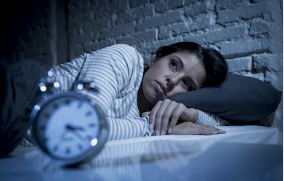Insomnia Is More Common Than You Think
Tossing and turning throughout the night, you feel restless and tired in the morning. The clock is ticking and before you know it, it’s already time to get up for work. As a disclaimer, I am not a doctor, and recommend you seek a doctor who specializes in any symptoms you may experience to help you sleep better. I am only speaking from experience and research.
Many times, I have experienced sleeping late and waking up early, not ready to leave my warm bed. I have even dozed off during late night reading or typing. Has this ever happened to you? Unfortunately not for the millions of people dealing with insomnia. Many don’t have the luxury of dozing off late at night or early in the morning. Some may be grateful to have a couple of hours rest but haven’t mastered how to sleep better. We all the same 24 hours in a day, but what we do within that time varies individually. We are responsible for how we manage that time and what to do about the time management struggle. This includes seeking professional help for sleep deprivation that strips you from rest and productivity.
Approximately 1 in 4 Americans struggle with insomnia, or inability to sleep. Some have lost sleep for days while others, weeks. While temporary lack of sleep has been known to stem from stress, insomnia itself can cause stress and the insomniac may even stress over fear of losing sleep again. The fight or flight responses and anxiety have triggered a hormone called cortisol to wake us up. It has also been linked to weight gain noticeably around the abdomen. Melatonin is the hormone that helps us sleep at night. Lack of melatonin can also mean a lack of sleep.
Circadian rhythm we know as our biological clock generated by the body to allow you to function naturally in many ways, including waking up a certain times. It can regulate blood clotting and can affect morning heart attacks, etc. That’s why it is important to drink water first thing in the morning and avoid eating too late before bed. If you or someone you know are suffering from insomnia, here are a few other ways to get more rest:
Avoid Alcohol and Caffeine 
This is a common sense idea since most of us have felt the affects of alcohol and caffeine. For example, although I am not a coffee drinker, I still get restless and ready to bounce off the walls after drinking tea or eating sugary foods. I can’t imagine feeling that way for days and weeks.
Almost everyone I know are coffee drinkers and said they get jittery without caffeinated drinks to boost them up in the morning. Imagine coffee at night before bed. If you’ve had coffee late at night and wondered why you lose sleep, you may want to just stick to water or hot decaf such as chamomile tea to help you sleep better.
Put Away Technology
These have lights stimuli that keep you awake and distracted, tricking your mind into thinking it is daylight. As many times as people have worked graveyard shifts, at some point, most will get sleepy enough to rest during the day. If insomnia is a factor, they won’t sleep at all but will still feel exhausted. If part of your job or school project involve working late nights, technology should stay at a table or desk, not in bed.
The only technology you should use if you prefer is an alarm clock to wake up to in the morning. Modern clocks like the Sunrise Alarm Clock
Train your mind to adjust to darkness without nightlights, I-pads and phones. Your mind and body will thank you for it later.
Get Sunlight In the Morning
In addition to the Sunrise Alarm Clock“>Sunrise Alarm Clock, sunlight in a great way to start your morning. Vitamin D from sunlight has great benefits. It can help with the cardiovascular and immune system as well as the genetic system. It keeps your bones healthy and helps keep your sleep schedule regular.
Getting sunlight in the morning can help you sleep better at night as you wind down without light. Of course using an SPF sunscreen is a great way to protect your skin while you enjoy the sun. Light therapy has been known to elevate your mood, thus treating depression which overall can help you get proper sleep. How often do you get your morning dose of sun?
Pray
Ever heard the term “prayer changes things”? It’s true. Prayer and meditation has been known to reduce stress and give you overall peace. Peace helps you sleep better. Since many experiences are spiritual, prayer is a spiritual way of communicating with God about any situation.
It is like a pleasant conversation you have with a friend or family member who allows you to vent whatever is ailing you. Have you ever fallen asleep while talking to someone while in bed? Prayer can also work that way even if you struggle with insomnia. Whether you think it works or not, it definitely won’t hurt to try it. I know from experience and from hearing success stories, that prayer works in every situation I had.
There are more ways to treat insomnia. Although it is best to consult your doctor, these listed above are natural ways. Whichever route you take, either step can help you get to the next step to recovery. Here’s to your rest.
This post may contain affiliate links.




Great post, I sometimes struggle with sleep, but when I think back to the causes, it’s typically due to caffeine to close to bedtime or not taking some time to wind down before I sleep. I never knew insomnia was so prevalent though, that’s rather concerning!
Thanks. Yes it is concerning and unfortunately no longer surprising. Thanks for sharing your thoughts.